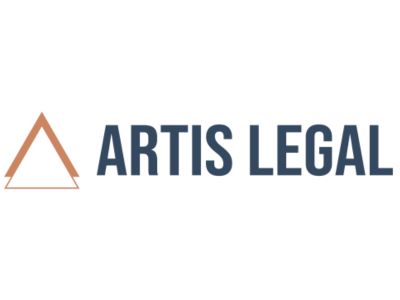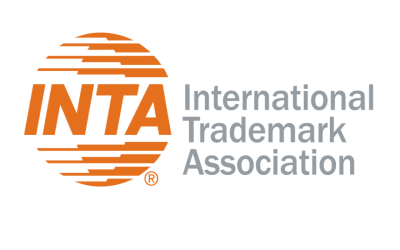In a recent case, Diego Maradona’s heirs have triumphed in asking the European Union Intellectual Property Office (EUIPO) to strike out the transfer of Maradona’s trademarks to the soccer legend’s former lawyers, Sattvica.
Maradona had registered a number of trademarks to his name for clothing, footwear, hospitality, and IT in 2008. After his death in 2020, Sattvica applied to the EUIPO for transfer of these trademarks to them based on a document issued by Maradona in December 2015, which assigned the commercial use of a series of trademarks to Sattvica.
Sattvica’s case, heard by the Luxembourg-based General Court — which is the second highest court in Europe — held that “the documents produced by that company do not formally justify an assignment of the trademark in its favor under a contract signed between the two parties.” They further held that “… as Maradona had died before the request for registration of the transfer was submitted, Sattvica could not correct the irregularities found. Nor was it able to produce any other documents.”
The issue was the validity of the authorization granted as per the contract between Maradona and Sattvica. As per Article 1329 of the Commercial and Civil Code of the Argentine Republic, the power of authorization for use and exploitation was automatically terminated on the death of the grantor or the principal, in this case, Maradona. Thus, Sattvica had no authority to make an application for the assignment of these rights in Europe based on this document.
Lastly, the power of attorney granted by Maradona to Sattvica did not mention the trademark number that was being assigned. Additionally, the powers granted did not include the authority to transfer the registered trademark. Since the death of the legend, this irregularity could not be rectified.
Following this decision, Sattvica can now appeal to the EU Court of Justice — Europe’s highest court — for review.
This case highlights the complexities involved in the intellectual property rights of public figures. Issues about the preservation of their legacy, rights of their heirs, and commercial exploitation of their name, image, and likeness continue to fester. In any case, trademarks award legacy value to the public figures who become brands unto themselves, ensuring that, in the rise of AI and its many vices, their names and likenesses cannot be unduly exploited.
This raises the question as to whether trademarks could be an asset to be considered when estate planning. If so, when estate planning, it is important to include these intellectual assets in the list of assets to be transferred or assigned to the heirs or other entities on the death of the individual. Depending on the jurisdiction, it is important to take note of restrictions and limitations on assignments and authorization once the grantor of said rights is deceased to plan for such transfers during the lifetime of the individual.

Written by Apurva Agarwal
Founder & Lawyer, Artis Legal Services
You may also like…
INTA files statement in intervention in EU case on the inherent distinctiveness of color combination trademarks
New York, New York—July 24, 2024—The International Trademark Association (INTA) has filed a Statement in...
Bytedance stumbles in Singapore: IPOS rejects TIKI trademark challenge
The social media giant Bytedance, owner of the ubiquitous TikTok platform, recently suffered a setback in Singapore....
TOUR DE FRANCE fails in the third stage against German fitness studio chain
At the end of June, the 111th edition of the Tour de France kicked off. June also saw the end of a dispute between...
Contact us to write for out Newsletter














